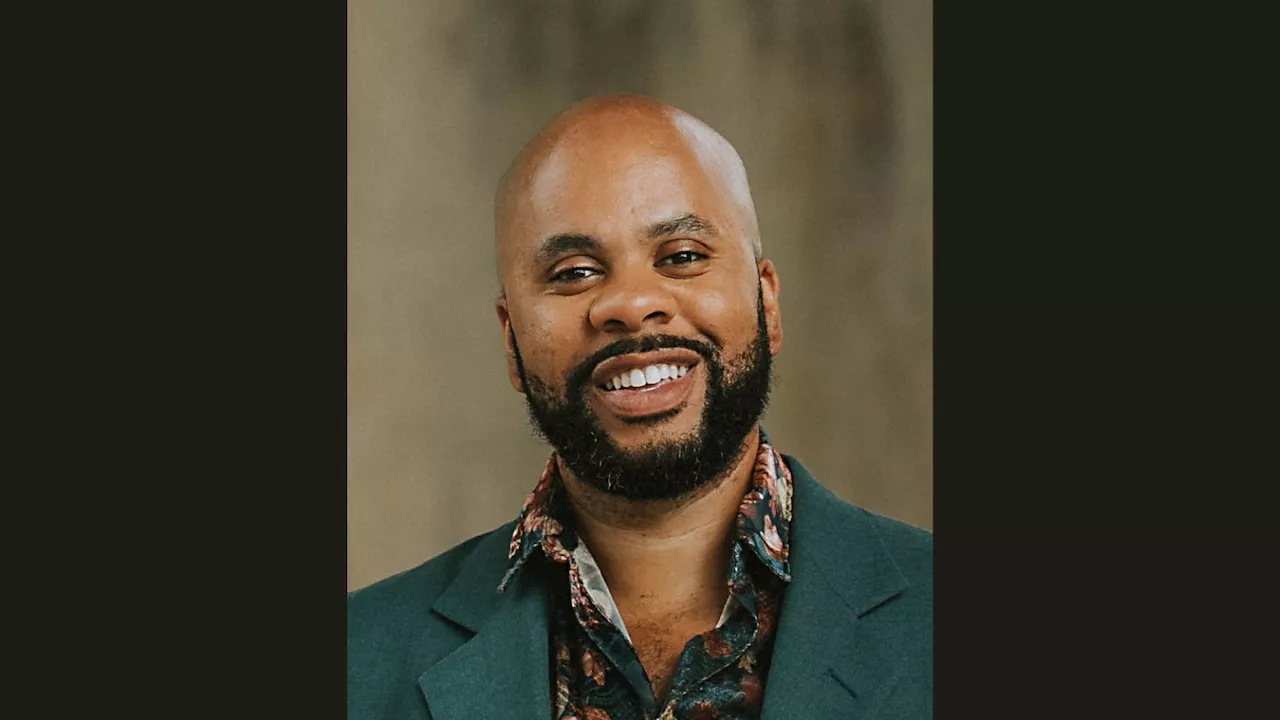A woman confronts the challenge of rebuilding trust after a 40-year friendship deteriorated following a sudden departure. Having shared countless experiences, including vacations and family gatherings, the emotional impact of her friend’s abrupt decision to move has left her questioning whether reconciliation is possible.
Last year, this woman experienced a significant emotional shift when her best friend, who had moved to a different part of the country after selling valuable real estate, ceased all communication. Describing the friend as “like a sister,” she expressed feeling crushed by the sudden ghosting, which extended to her family who also cherished the friendship. This abrupt end prompted her to seek counseling to understand her role in the situation and gain clarity on the complexities of their relationship.
As she navigated the aftermath of the fallout, she recognized that some decisions are beyond individual control, and people often choose paths that best suit their circumstances. The emotional toll was profound, and she ultimately accepted the breakup. Recently, however, an unexpected message from her friend posed a question: “Does this mean we can be friends?” This prompted her to reconsider the possibility of rekindling their relationship, though lingering trust issues remained.
In response to her dilemma, Eric Thomas, a bestselling author and playwright, offered insights that may guide her decision-making. He highlighted that the friend’s question could indicate a differing perspective on the fallout. Thomas suggested that clear communication is essential if they are to navigate the road toward reconciliation. He advised starting with a direct inquiry: “Do you want to process what happened?”
This approach allows both parties to assess their feelings about reopening the friendship. If both individuals are willing to confront their past, it can pave the way for a more honest dialogue. Thomas emphasized that while trust may take time to rebuild, initiating the conversation with sincerity and good intentions is crucial.
He noted that it is vital for both friends to take ownership of their roles in the situation. If unresolved issues exist, addressing them directly can prevent further misunderstandings. Acknowledging past hurt, even through a simple statement like, “I’m sorry that we haven’t been in each other’s lives,” may suffice if deeper discussions feel daunting.
Rebuilding trust requires patience and effort, but with mutual willingness to engage, the process can lead to a renewed bond. The key lies in both parties approaching the situation with honesty, striving for clarity, and setting realistic expectations for the future.
Navigating the complexities of long-term friendships can be challenging, particularly when trust has been compromised. However, with careful communication and a commitment to understanding one another, it is possible to mend what has been broken.
